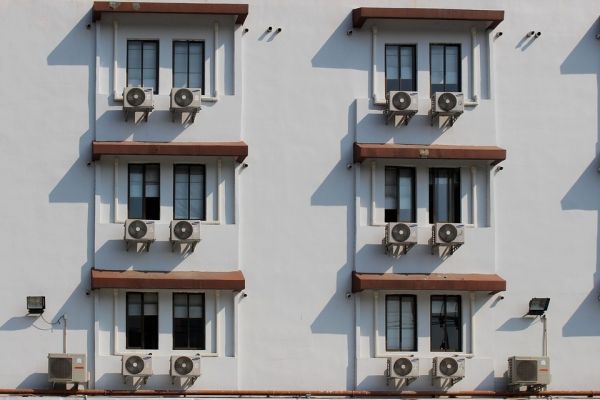A study conducted by Associate Professor Alberto Salvo from NUS Economics revealed that households respond to ambient air pollution by increasing electricity consumption, which in turn increases the carbon emissions that are co-produced in supplying the electricity. The study, set in Singapore, revealed that better air quality will bring about climate co-benefits – in reducing electricity generation via lower household demand, and thus mitigating carbon emissions.
Assoc Prof Salvo said, “Urban areas in developing Asian nations are home to an expanding base of energy consumers, with energy supply likely to remain carbon intensive for decades in the absence of major technological or regulatory shifts. Understanding what drives energy demand across the socioeconomic distribution of Singapore households can provide insight on the future energy demand of urban populations in the region’s cities as incomes rise. This is important for policymakers when forecasting and influencing future emissions paths in the context of climate change.”
The results of the study were published in the Journal of the Association of Environmental and Resource Economists in July.
The link between air pollution and household energy demand
The study examined utility meter readings of 130,000 households – a 1-in-10 random sample of all households in Singapore – from 2012 to 2015. The same household’s energy consumption was examined over time and compared with concurrent PM2.5 measurements (fine particles less than 2.5 micrometres in diameter) from the air-monitoring network, which is the standard for measuring air pollution.
Read more at National University of Singapore
Photo Credit: terimakasih0 via Pixabay


